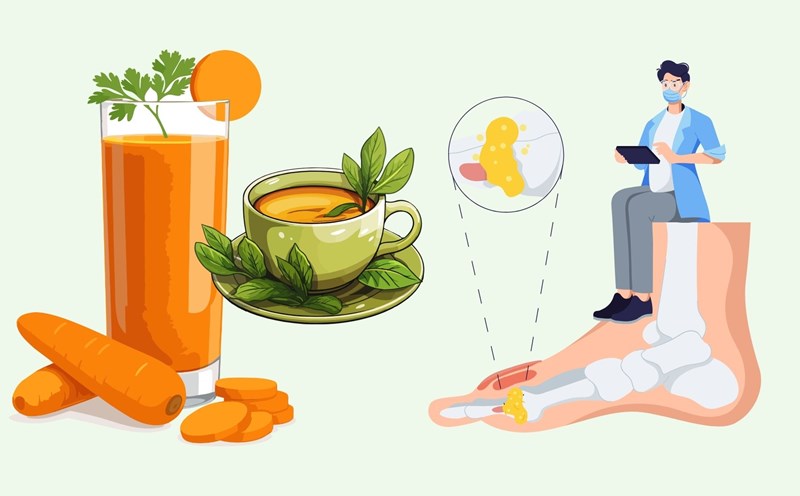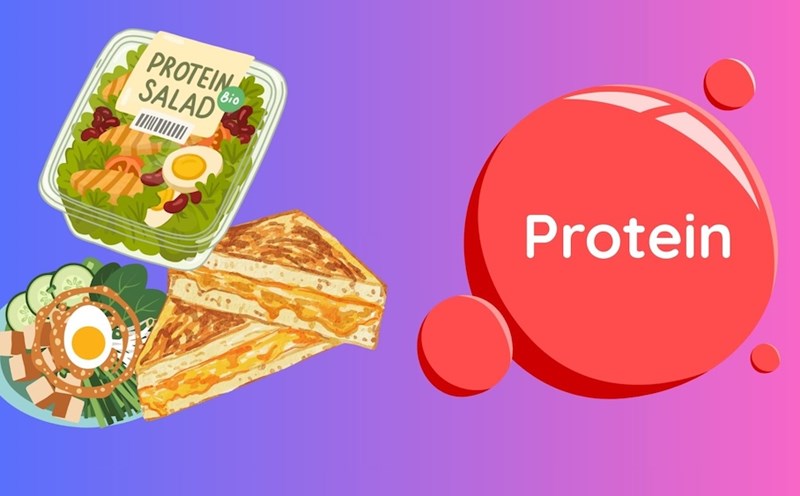Why is high uric acid dangerous?
When the body produces too much or does not excrete enough, uric acid will accumulate in the blood, causing increased uric acid in the blood. This is the cause of gout and kidney stones. The National kidney Foundation (USA) warns that uric acid crystals can form in the kidneys, causing severe pain and the risk of kidney failure if prolonged.
Nutritionist Alisha Jeswani (Health Shots, India) said: Diet plays an important role. Some foods high in purines can cause uric acid to increase sharply, thereby causing gout attacks."
7 foods to avoid when uric acid is high
Red meat: Beef, Sheep, pork rich in purines. The American Heart Association recommends cutting red meat instead of lean poultry or plant protein.
Animal organs: capacity, kidneys, and spleen contain high levels of purines. Jeswani emphasizes: "Eating a lot of organs causes uric acid levels to spike, easily causing acute gout attacks."
Some seafood: anchovies, sardines, mackerel, shrimp, crab rich in purines. Harvard Health recommends salmon or cod, which are lower in purines.
Sugary drinks: Soda, soft drinks contain corn syrup rich in fructose - the only carbohydrate that increases uric acid. The International Journal of Molecular Sciences affirms that reducing sugary drinks can significantly improve uric concentration.
Alcohol: Beer and strong alcohol reduce the kidneys' ability to excrete uric acid. According to Clinica Chimica Acta magazine, alcohol also causes dehydration, making the condition worse.
Processed foods: Fast food, packaged foods are high in refined sugar and bad fats. The British Heart Association recommends limiting industrial foods, replacing them with whole grains and fresh vegetables.
High-fat milk: Whole milk, high-fat cheese can increase uric acid. The FDA (USA) recommends prioritizing low-fat or non-fat milk, even using almond milk and soy yogurt as a replacement.
How to effectively control uric acid
In addition to avoiding the above 7 food groups, patients should drink plenty of water, maintain a reasonable weight, eat lots of green vegetables, fruits and whole grains. Harvard Health believes that a balanced diet with a scientific lifestyle is the key to controlling uric acid and preventing long-term complications.







